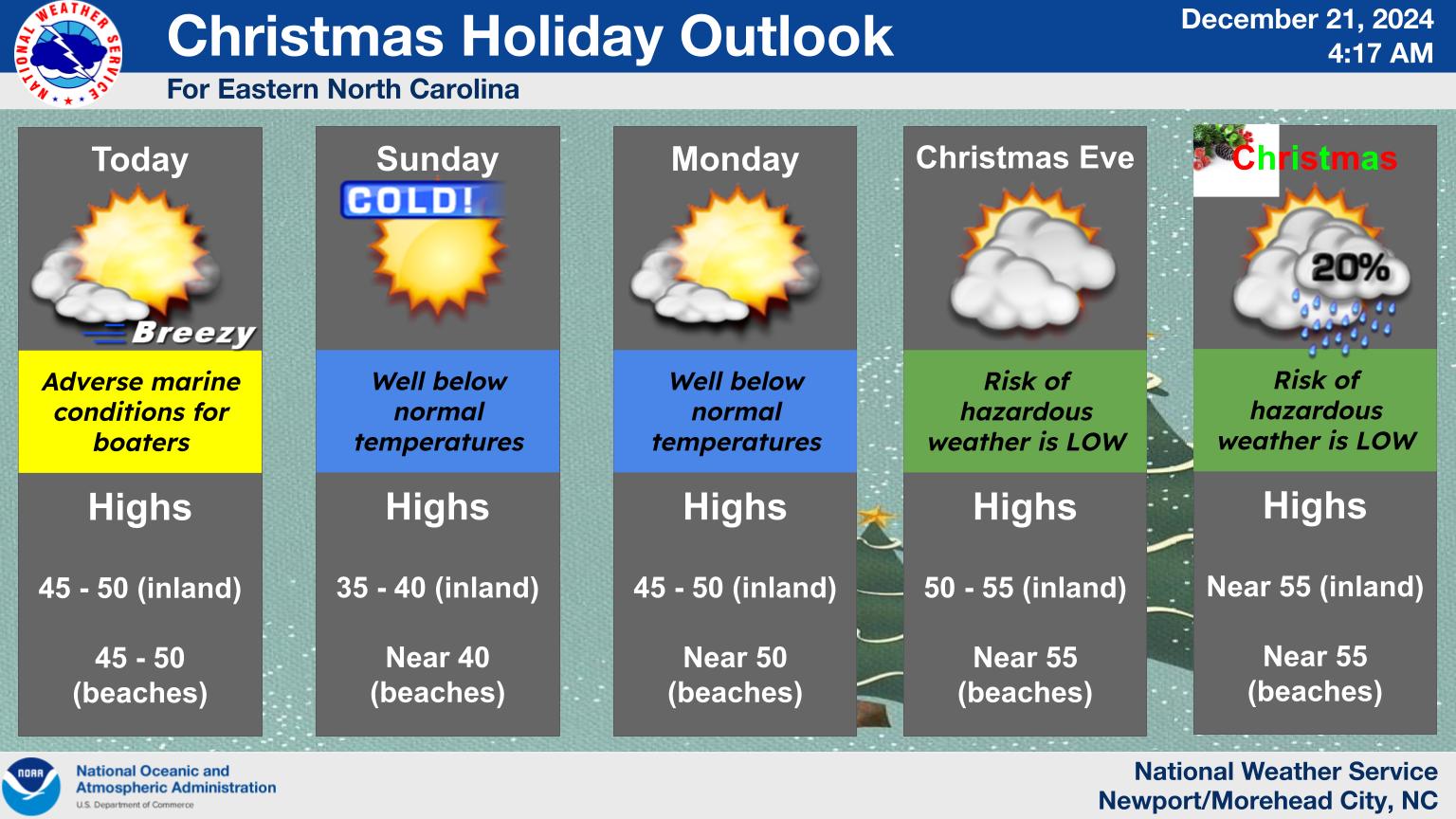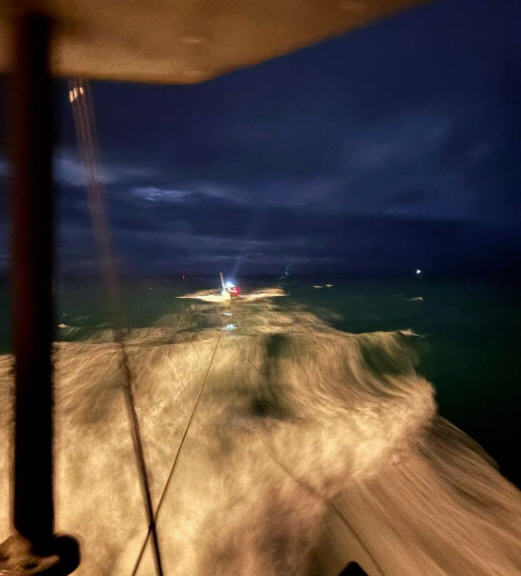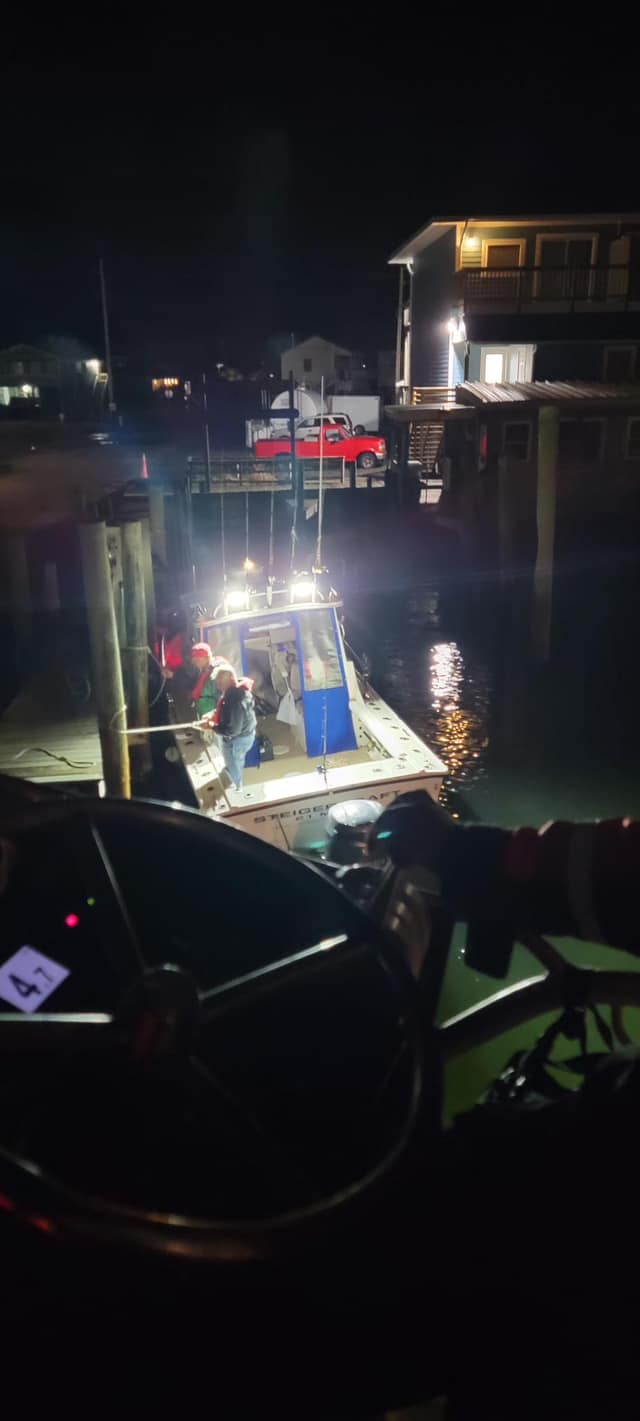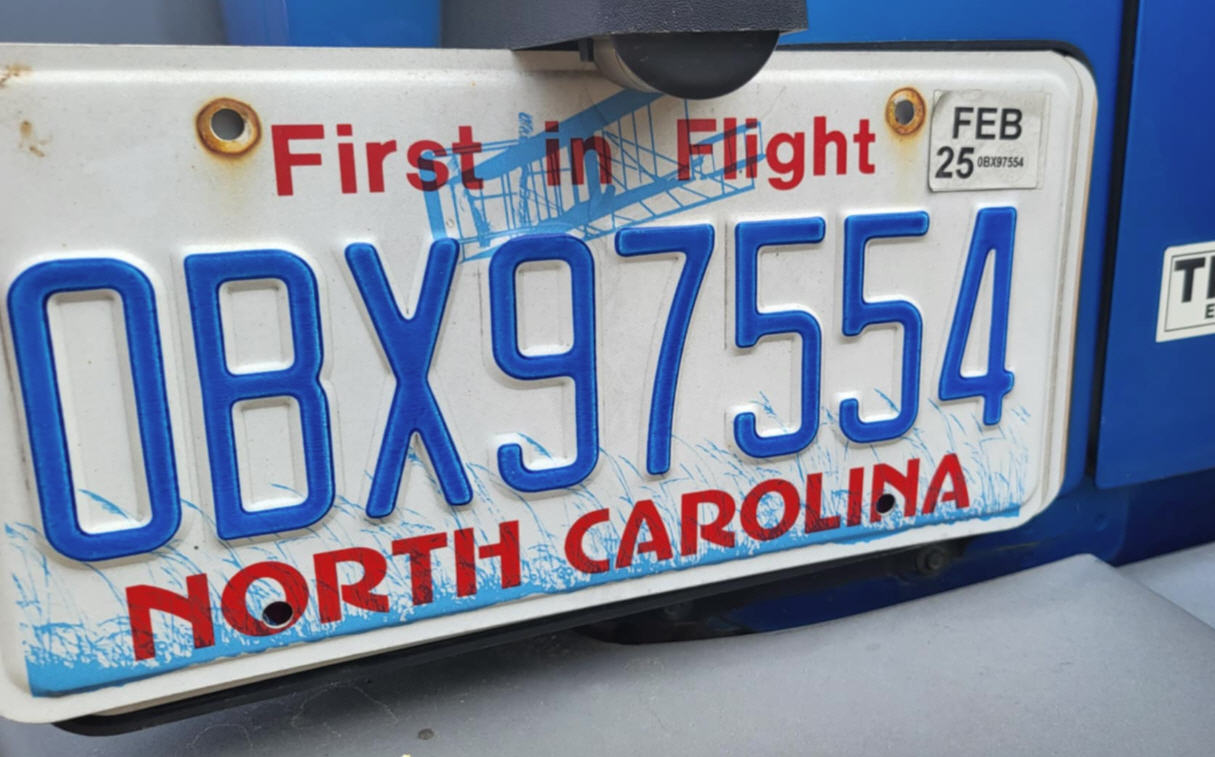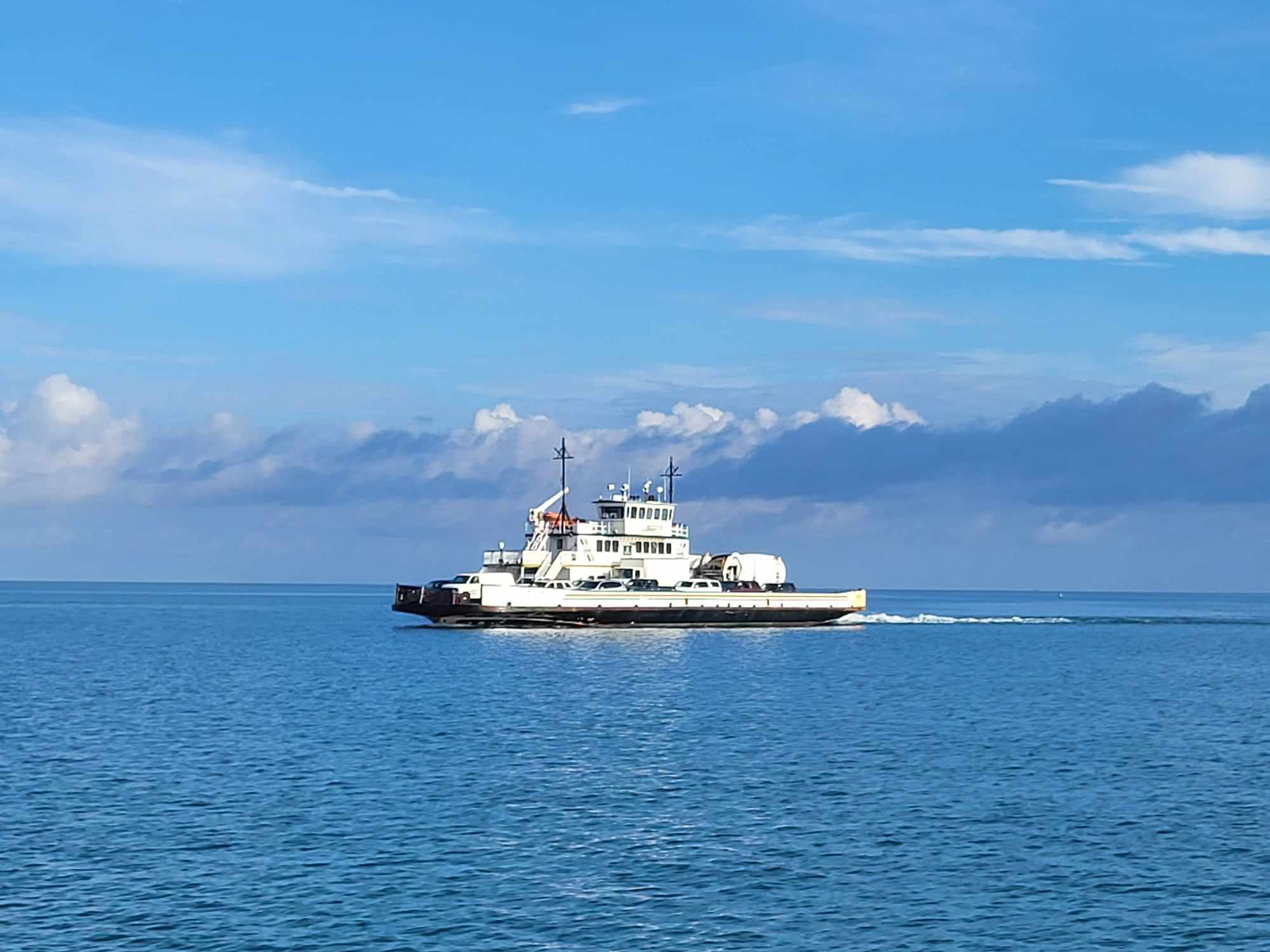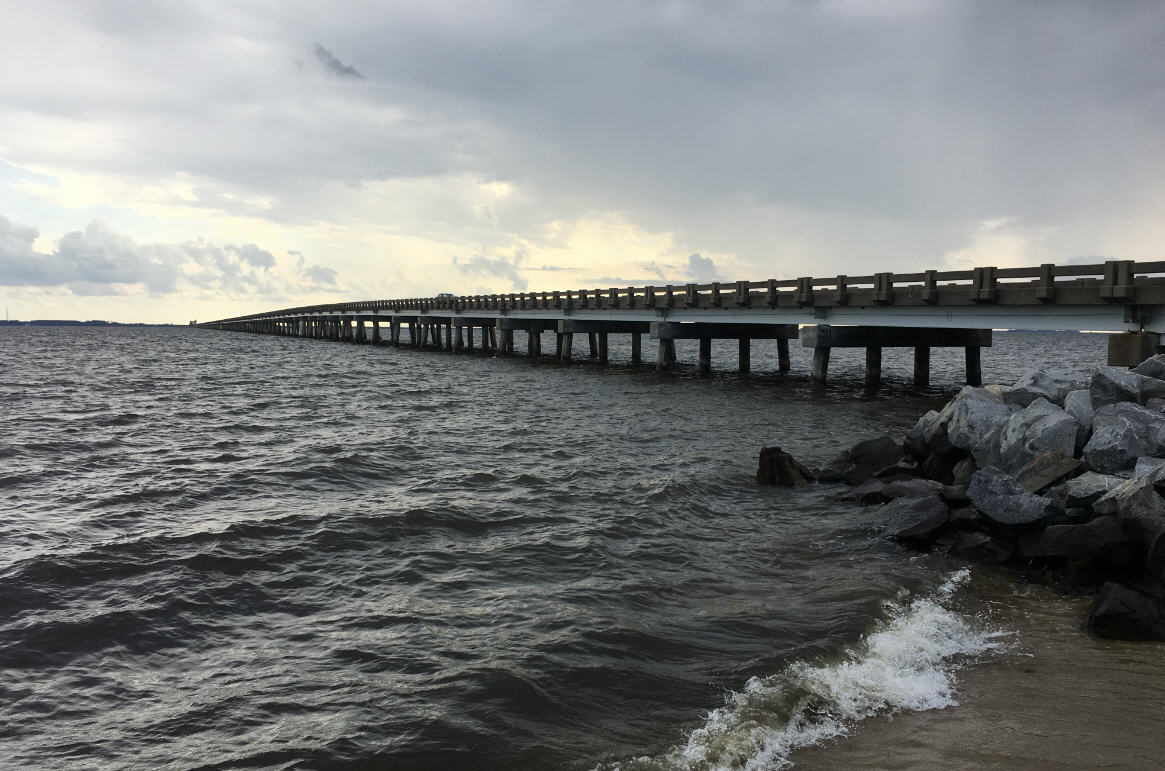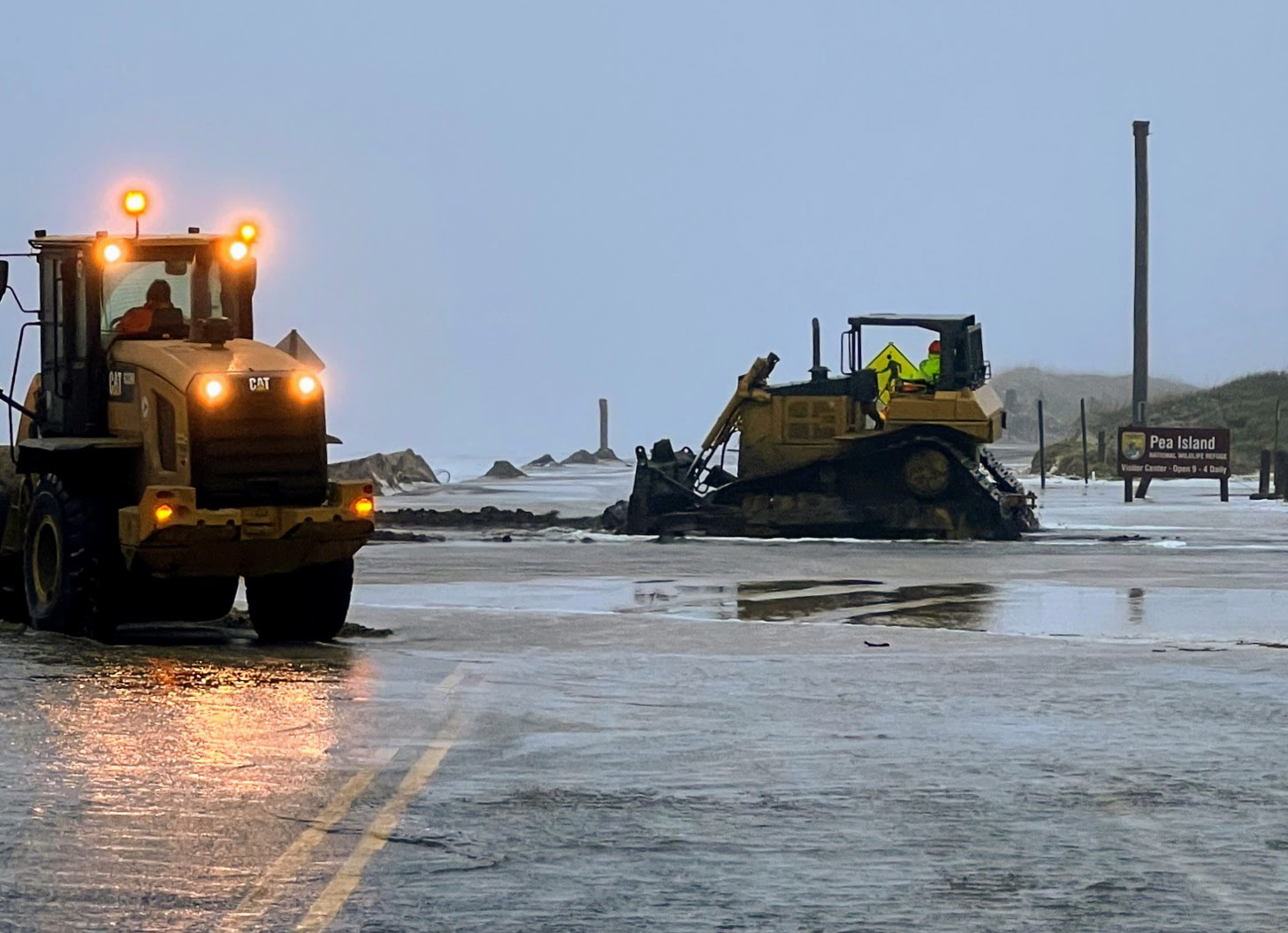Ferry tolls still on the table as Senate and House negotiate differing versions of state budget
Ferry tolls still on the table as Senate and House
negotiate differing versions of state budget
Ocracoke islanders and friends will want to pay attention to the North Carolina General Assembly this week as the Senate convenes to review the House of Representatives’ version of the 2014-2015 spending budget.
This year was the Senate’s turn to propose the budget, and their version leaves the ferry system status quo from last year — with the prospect of new ferry tolls to fund replacement ferry boats — while the House’s version of the budget, which was passed June 13, eliminates all tolls and authorizes the N.C. Department of Transportation to seek other means of revenue.
This week, members of the Senate sub-committees will review the sections of the House budget pertaining to their area of the budget, said S. Henri McClees, one of a duo of lobbyists hired by Hyde and other coastal counties.
Among the Senate committees meeting Tuesday morning at 8:30 will be the Appropriations subcommittees on Transportation and Education. A calendar of these meetings can be found on the legislature’s website www.ncleg.net.
After this, the Senate most likely will vote not to concur with the House’s budget since they are vastly different.
Following that, a conference committee composed of an equal number of both House and Senate members will convene to negotiate the differences.
“These negotiations are held privately,” McClees said. “Depending on who is talking, this process may take days or it may take weeks.”
However, McClees did point out that the Senate has issued a resolution authorizing it to adjourn on June 27. This action is a hard-ball means of speeding up the negotiation process.
“By this the Senate is saying, ‘You need to agree with us fast because we’re going to go home June 27,’” McClees said.
The governor and both chambers in the General Assembly have proposed different spending plans and a final budget has to be in place by June 30, she said.
Rep. Paul Tine of Kitty Hawk on Monday said that the House’s budget took the replacement of ferries out of the divisional “bucket of money” and restores it to the maintenance side of the DOT budget, which funds equipment all over the state.
“We will drive other revenue,” Tine said. “The ferries are a tourist attraction which should increase interest in advertising.”
As it is now — and which the Senate has not changed — the decision to enact tolls to raise more revenue is in the hands of local folks who are part of a Rural Planning Organization that includes 10 counties in eastern North Carolina. A complicated funding procedure devised last year by Gov. Pat McCrory and called the Strategic Transportation Investments divided the state into 10 regions all of whom were given $32 million with which to fund bridges, trains, airports, roads, bike and pedestrian projects and ferry replacement. After a series of public hearings this winter, the three RPOs that have segments of the ferry system ignored the DOT’s request to enact tolls.
In the last several weeks, members of both the House and the Senate proposed bills to eliminate all tolls on the ferry system.
“Those bills are just sitting there,” McClees explained, and will not be acted on while the budget is negotiated. “If we don’t get the House version of the budget we will just keep fighting (tolls) in January when the new session begins.”
Until then, the ferry system stays status quo and tolls cannot be increased nor additional tolls enacted, she said.
“Broad economic development in eastern and coastal North Carolina is the best answer to funding ferries as well as all transportation needs,” she said in an e-mail. “Our ferries are part of our highway system, and the House budget recognizes this reality.”







